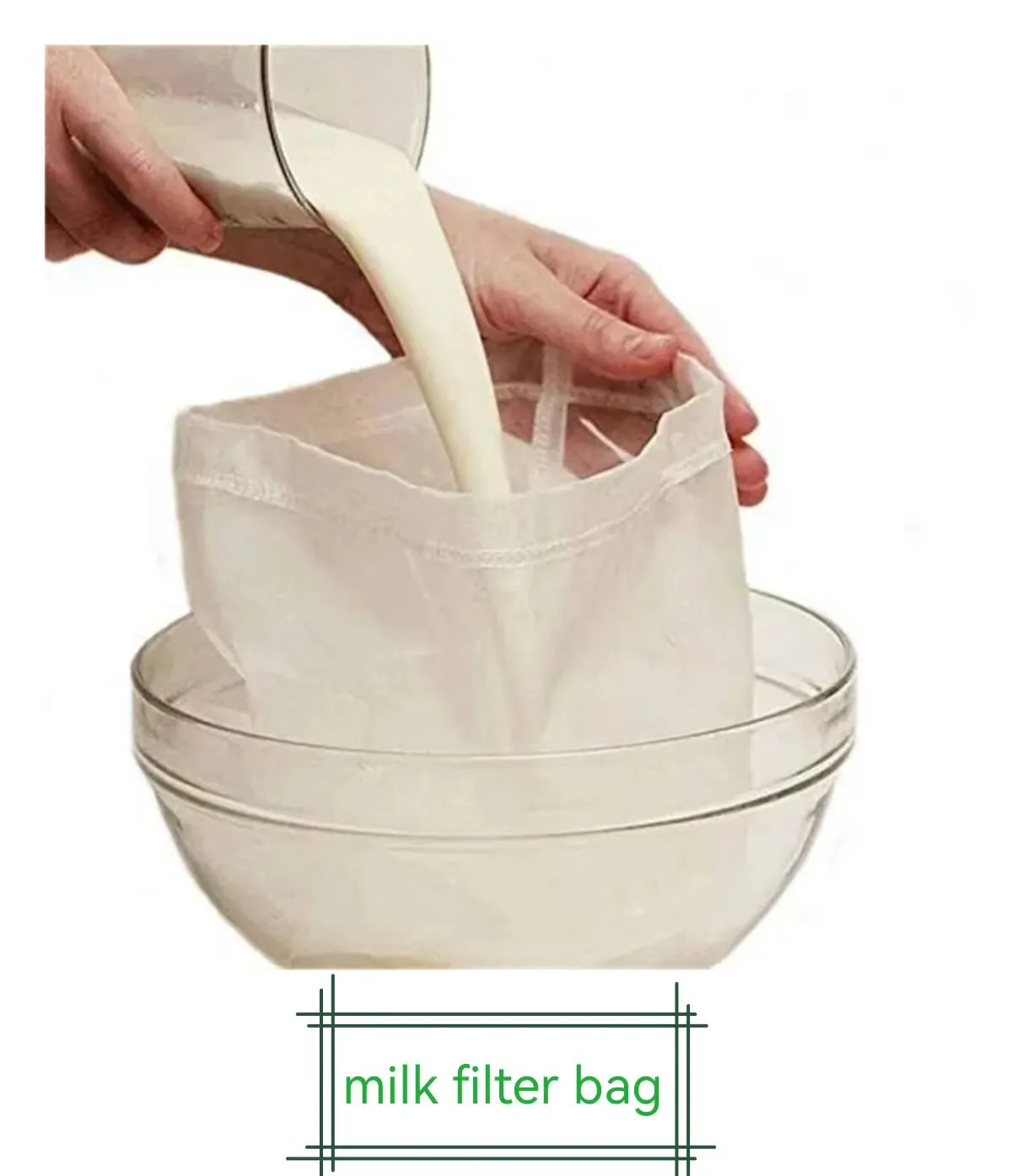Effective Insect Nets for Enhancing Agricultural Pest Control and Crop Protection
The Benefits of Agricultural Insect Nets A Sustainable Solution for Modern Farming
Agricultural insect nets, also known as insect barrier nets, have become an essential tool for farmers aiming to protect their crops from pests while minimizing the use of chemical pesticides. As the global demand for sustainable farming practices grows, these nets provide an eco-friendly, efficient, and cost-effective solution to combat the numerous challenges posed by agricultural pests.
Insects can wreak havoc on crops, leading to substantial economic losses. Traditional pest control methods, such as chemical pesticides, can be harmful to the environment, non-target species, and even human health. In contrast, agricultural insect nets offer a physical barrier that prevents harmful insects from reaching sensitive plants. These nets are typically made from lightweight, breathable materials that allow air and sunlight to penetrate while keeping insects at bay. This not only helps in maintaining the health of crops but also supports the growth of beneficial insects that contribute to pollination and natural pest control.
One of the most significant advantages of using insect nets is their ability to reduce the reliance on chemical pesticides. By providing a protective cover, farmers can minimize infestations and reduce the frequency of pesticide applications. This shift not only lowers the risk of pesticide resistance among pests but also contributes to healthier ecosystems and safer food products. Furthermore, as consumers increasingly demand pesticide-free produce, using insect nets can enhance a farm’s marketability and appeal to eco-conscious buyers.
agricultural insect net

In addition to pest control, agricultural insect nets can also offer protection from harsh weather conditions, such as hail, excessive rainfall, or extreme temperatures
. By shielding crops from these elements, farmers can ensure better yield quality and consistency. Moreover, these nets can create a microclimate that encourages the growth of delicate crops, allowing farmers to extend their growing seasons and potentially introduce new varieties to their farms.The installation and maintenance of agricultural insect nets are relatively straightforward, making them accessible even for small-scale farmers. While the initial investment may seem significant, the long-term benefits—reduced pesticide costs, increased yields, and improved crop quality—often outweigh the expenses. Moreover, by promoting biodiversity and ecological balance, insect nets contribute to sustainable agricultural practices that benefit both current and future generations.
In conclusion, agricultural insect nets represent a promising advancement in sustainable farming. By protecting crops from harmful pests without relying heavily on chemicals, these nets not only enhance agricultural productivity but also promote environmental health. As the agricultural sector continues to evolve, adopting such innovative solutions will be crucial for fostering a more sustainable and resilient food system.
-
The Versatility of Stainless Steel Wire MeshNewsNov.01,2024
-
The Role and Types of Sun Shade SolutionsNewsNov.01,2024
-
Safeguard Your Space with Effective Bird Protection SolutionsNewsNov.01,2024
-
Protect Your Garden with Innovative Insect-Proof SolutionsNewsNov.01,2024
-
Innovative Solutions for Construction NeedsNewsNov.01,2024
-
Effective Bird Control Solutions for Every NeedNewsNov.01,2024












